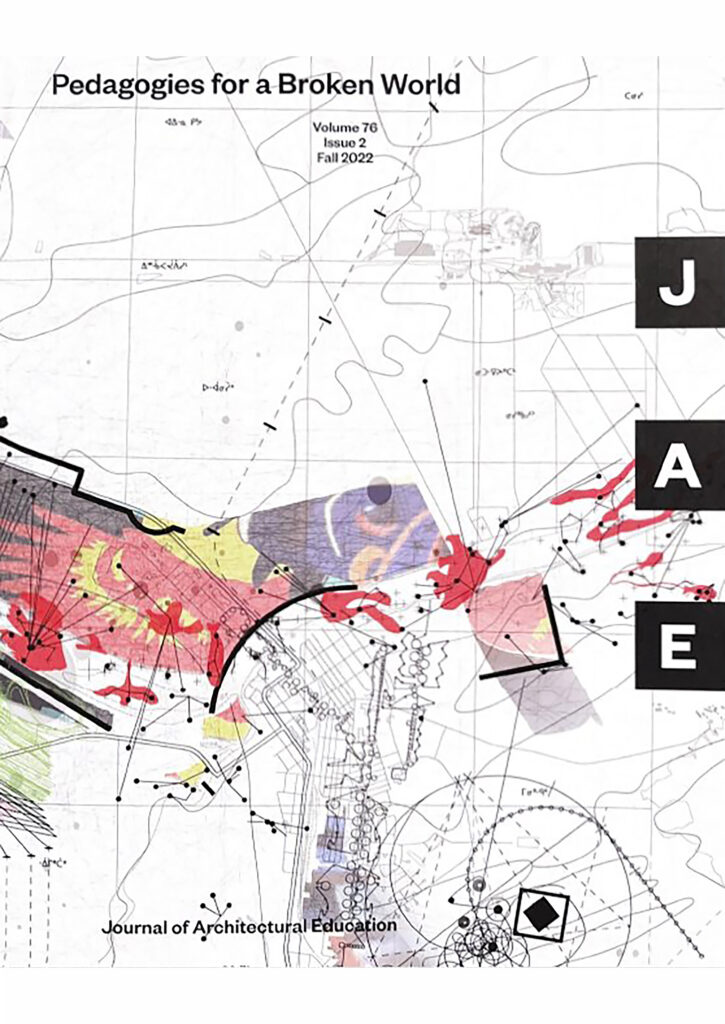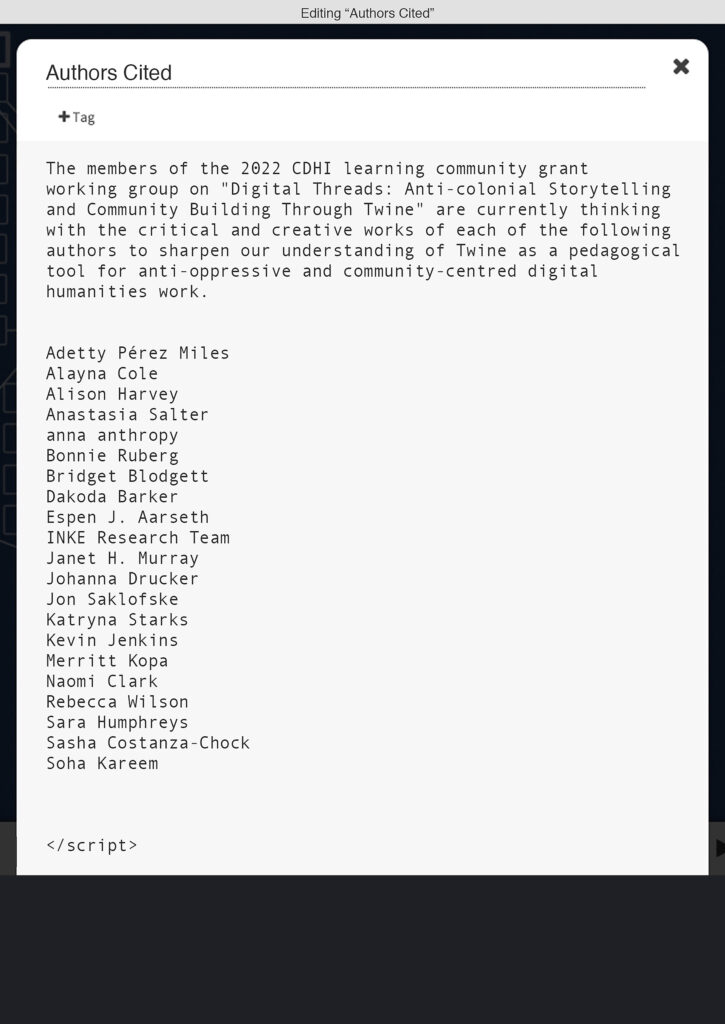This site is a selected record of my community-centered projects and pedagogies in the context of architecture and the digital public humanities. The published artifacts are structured around a set of interconnected engagements with questions of participatory politics, social production of space, anti-colonial digital praxis, and queer-feminist politics. Together, these selections work with and on forms of knowledge and expertise across voice and social difference. — Kush Patel, Ph.D.



Archive + Recent Posts >>
-
Felt Notes
In August 2023, I piloted Felt Notes on TinyLetter with the goal to make public the work of the Just Futures Co-lab and the co-labouring worlds of research and teaching in art, design, and the digital humanities that it scaffolds and furthers at Srishti Manipal Institute and beyond. Collectively, the letter writing translates the ever…
-
Queer Scaffolds
“How to imagine an actionable otherwise of futures design literacies within (and beyond) the systemic conditions of our educational institutions? ”—Betti Marenko, Silke Lange, Pras Gunasekera. At the recently concluded third and final convening of FUEL4Design: Future Education and Literacy for Designers (June 7, 2022), I was invited to deliver a provocation to the above question…
-
Podcast Episode on Care Work in DH
In November 2021, Chris Friend interviewed the Pedagogy of the Digitally Oppressed Collective for the Teacher of the Ear episode on Care. Ashley Caranto Morford, Arun Jacob, and I were pleased to be on this show and think through the interview questions and conversation, an excerpt of which I’ve included below along with links to…
-
Notes on #WhyLoiterAtTen
Over the last ten years, the book Why Loiter? Women and Risk on Mumbai Streets (2011) has traveled with me across institutional spaces from Ahmedabad to Ann Arbor and Detroit to Calicut, whilst also guiding me to model the authors’ call for courting risk on a personal level: my own loiterings against academic patriarchy within…
About the site
The site’s title, “who speaks and acts,” comes from Gilles Deleuze. In the widely published 1972 conversation between Gilles Deleuze and Michel Foucault, the two theorists discuss the relationship between theory and practice vis-à-vis the distribution of power and changing role of intellectuals in society [1].
Deleuze begins by moving past the traditional view of practice as either an application of, or a basis for, theory; a view that corresponds to the figure of the intellectual as one “representing consciousness” of the ignored and the unheard; he cites Foucault’s analysis of institutional confinement to promote instead a different characterization of theory-practice relationship: “a system of relays within a larger sphere, within a multiplicity of parts that are both theoretical and practical” (206).
This site is an attempt to document and examine the form and meaning of theoretical critiques produced with those who struggle for power, of sharing voice in the context of architecture and digital public humanities work, and of asking questions about representation in these deliberately connected fields of study and practice. As a savarna queer feminist, it is also my way of examining how and with which tools might we teach, learn, and talk about scholarship, community engagement, and digital pedagogy in such unequal and often violent contexts of race, caste, class, gender, sexuality, ability, and geographical difference lest we reproduce in Deleuze’s words “the indignity [and violence] of speaking for others” (emphasis added) (209).
[1] Gilles Deleuze and Michel Foucault, “Intellectuals and Power: A Conversation between Michel Foucault and Gilles Deleuze” [1972], in Language, Counter-Memory, Practice: Selected Essays and Interviews, ed. Donald Bouchard (New York: Cornell University Press, 1996): 205-217.